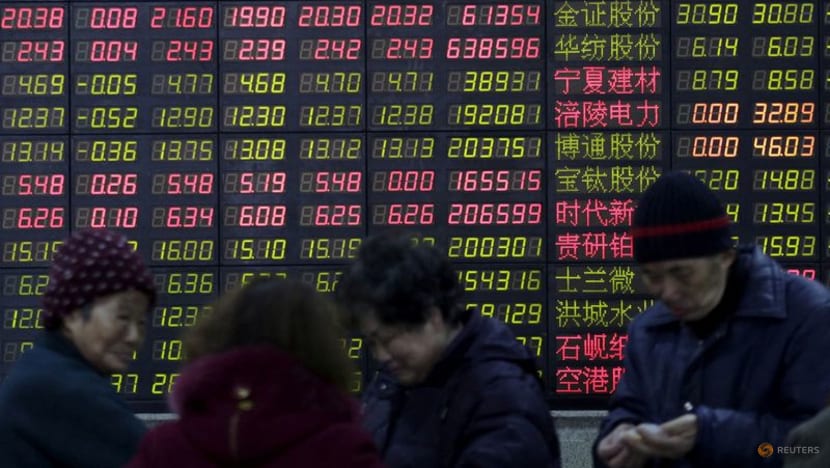China's benchmark CSI 300, which has posted two straight years of losses, has given up all of its early 2023 gains after a recent slew of disappointing consumption, factory and trade data. As of Thursday's close, the index was down 1.3 per cent year-to-date.
"The wealth effect is missing," said Jiao Jinyuan, director of online distribution at China Asset Management. "Client sentiment is unlikely to turnaround until they see an improvement in the wealth effect."
Moreover, many retail investors are also sitting on losses after having chased funds at their peak levels in the past few years, which has made them pessimistic about fresh investments, fund managers said.
Star fund manager Zhang Kun, who manages nearly 90 billion yuan for Guangzhou-based E Fund Management, has seen his flagship 56 billion yuan Blue Chip Selected Mixed Fund lose 8 per cent so far this year.
The fund soared 95 per cent in 2020 which attracted significant subscriptions and helped Zhang become China's first so-called "100 billion fund manager". It dropped 10 per cent in 2021 and 16 per cent in 2022.
Another high profile fund manager, Ge Lan at Lombarda China Fund Management, saw her flagship 28 billion yuan healthcare fund retreat 7 per cent in 2021 and 23 per cent in 2022, after a nearly 100 per cent gain in 2020. The fund has lost 12 per cent so far this year.
On average, equity funds posted a 20 per cent to 30 per cent accumulated loss in the past two years, industry participants estimate.
"The demand for active equity products is in particular weak," said Emily Gao, an analyst at Shanghai-based Z-Ben Advisors.
The downward trend in fundraising is happening amid the backdrop of youth unemployment rate hitting record highs, and people are increasingly worrying about their income prospects and preferring to park money in safe havens.
"Not just mutual funds, the overall fund issuance is difficult, as this is closely connected with the economic situation," Steve Chen, partner of Shanghai-based hedge fund manager MX Capital.
Debbie Dai, who works at an advertising agency in Shanghai, said she doesn't have much confidence in markets at the moment.
"Many of my friends bought funds when the market was really hot and lost money all the time," said Dai, who is in her 30s, adding her corporate clients have been cutting budgets or delaying payments this year.
"We feel the future might be difficult."
To boost market sentiment, some mutual funds announced fee cuts or started to purchase their own fund shares recently.
China Asset’s Jiao said they are putting efforts on investor education while launched campaigns to increase interactions between fund managers and investors to strengthen investor confidence.
